How Corporate Real Estate Makes an Impact on Cities, Work, Life
While alternative work settings are gaining new prominence, office buildings will maintain their vital role.
Often lumped into the broader category of commercial real estate, corporate real estate (CRE) refers to a company’s management of its real property assets—offices, warehouses, manufacturing plants, data centers and other elements of the built environment.
CRE is a profession, a skill set and a knowledge base at once distinct unto itself and significantly intertwined with more well-known corporate functions such as human resources and finance. While functions within CRE range from the mundane (real estate tax strategy, sale leasebacks) to the sexy (shiny new downtown corporate headquarters, jobs!), the profession has an immeasurable impact on where and how people work. And that has a correlative effect on the broader picture of how cities are and should be designed.
From cubes to open floorplans
Perhaps even more interesting is that over the years those who are engaged in the practice of CRE, by steadfastly identifying future trends for the profession, have been remarkably accurate in extrapolating those ideas to other areas of business and common life experiences. Workplaces have been redesigned from cubicle farms to open environments where people share natural light and access to each other. Those once considered “environmentalists” now practice a shared goal of sustainability.
The pandemic is only the most recent example.
Long prior to the shutdown in March of 2020, CRE professionals had envisioned the need to build workplaces that accommodated workers who may only be in the office once a week, or month.
Consider this summary finding from a landmark CoreNet Global report in May of 2012:
“CRE will provide a menu of services and capabilities, from small group meeting rooms and private spaces to technology for virtual meetings, so that the work—wherever it is—gets done. Finally, CRE will either create on site, or locate within the community the “third place” recreational workspaces—those much-needed alternatives for informal work and social connection, so very critical in the forging of relationships and the building of strong networks of talent.”
READ ALSO: WeWork, Yardi Partner on Workplace Management Software
From that insight, CRE professionals were able to imagine concepts that are commonplace today—coworking, remote work, hot desks, unassigned workplaces and office “hoteling.”
Going back even further, one may look at the attacks of 9/11 and see the ways that CRE professionals responded—using the nascent internet to connect companies that had surplus office space with those that suddenly needed a place for their employees—as giving rise to the possibilities of coworking.
And something else was born in the wake of that horrific time, CoreNet Global, the only professional association dedicated to the practice of corporate real estate all around the world. This year mark’s CoreNet Global’s 20th anniversary.
While the work of CRE professionals had been steadily increasing in prominence and visibility prior to the pandemic, the shutdown has thrust this vital corporate function into greater prominence.
How would offices need to be redesigned so that people could come back to work safely? Might entire workforces become entirely remote, and if so, what will happen to the corporate office itself? How has the field become more diverse and inclusive and what does it need to do to become even more so?
The metaverse is next
As it kept tabs on CRE professionals throughout the pandemic, CoreNet Global’s early findings again seem to be holding: people will return to the office, but maybe not every day and certainly not 9-5; office buildings continue to have a vital function though a company’s overall real estate portfolio may get smaller, work from home and technology-enabled “third locations,” will continue to be vital.
And now the profession is again looking ahead—toward the metaverse.
It may today sound as strange as the idea of open floorplans did 20 years ago, but there is little doubt that the metaverse will become a more familiar and embraced concept as we move ahead. Want to know more about it and sound smart to your friends? Follow the lead of CRE professionals.
This week corporate real estate professionals globally are celebrating Corporate Real Estate Week. This annual celebration of the growth of corporate real estate over many years, also acknowledges the contribution of CRE to corporate management strategy as well as everyday life.

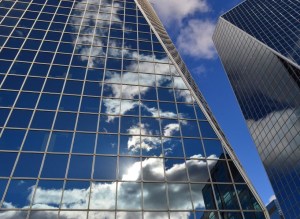
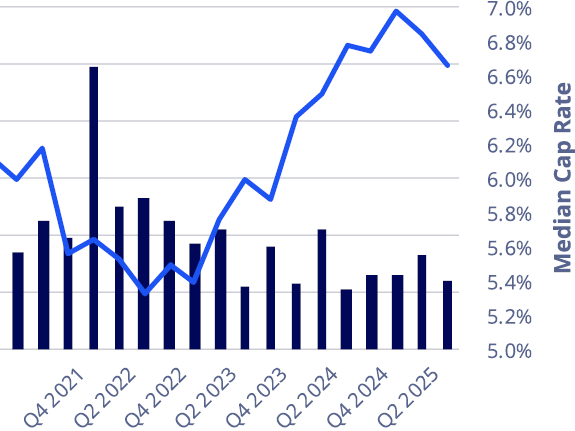

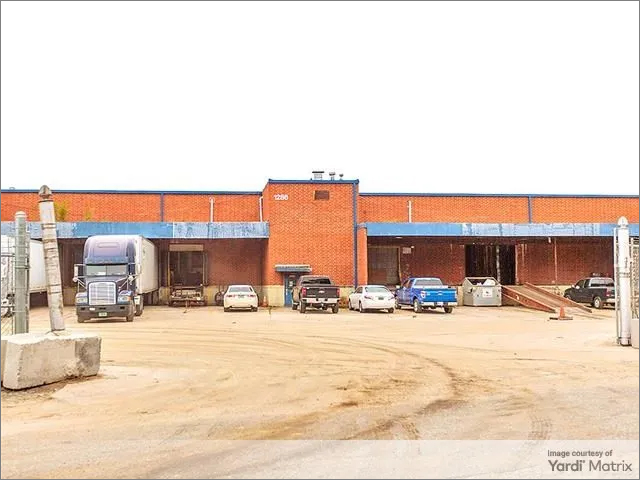
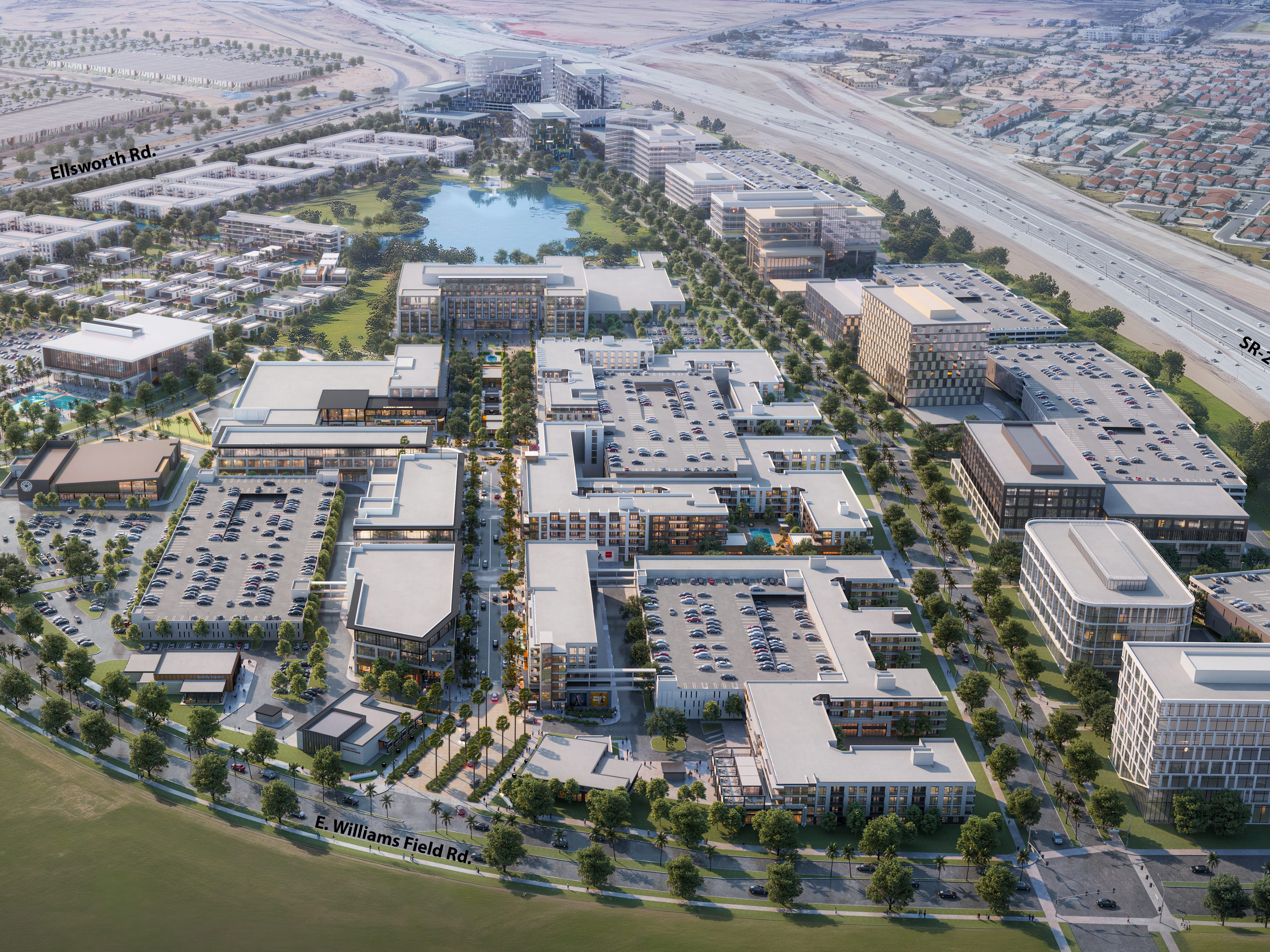
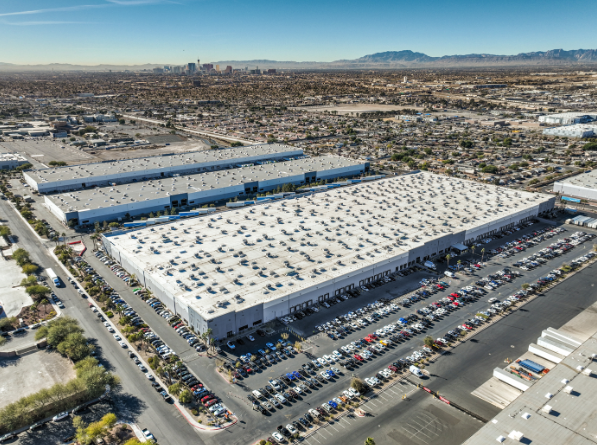
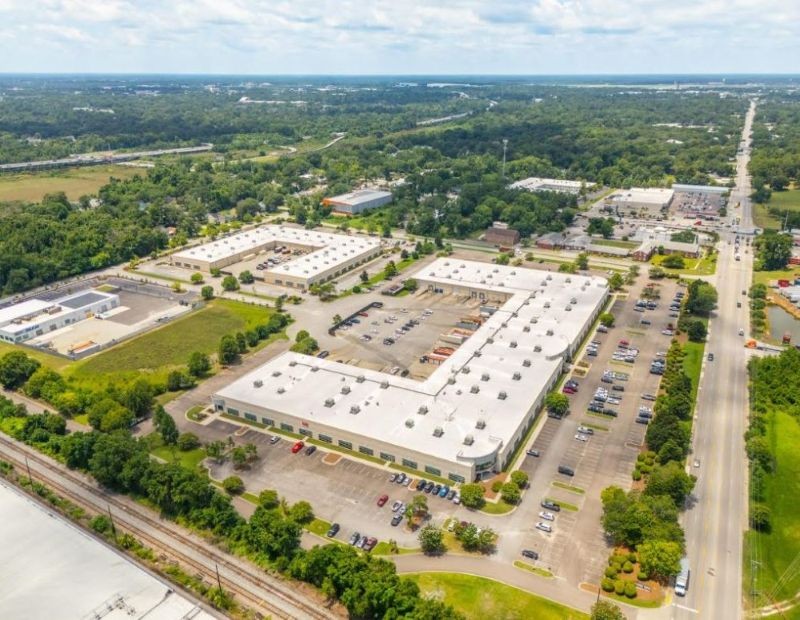
You must be logged in to post a comment.